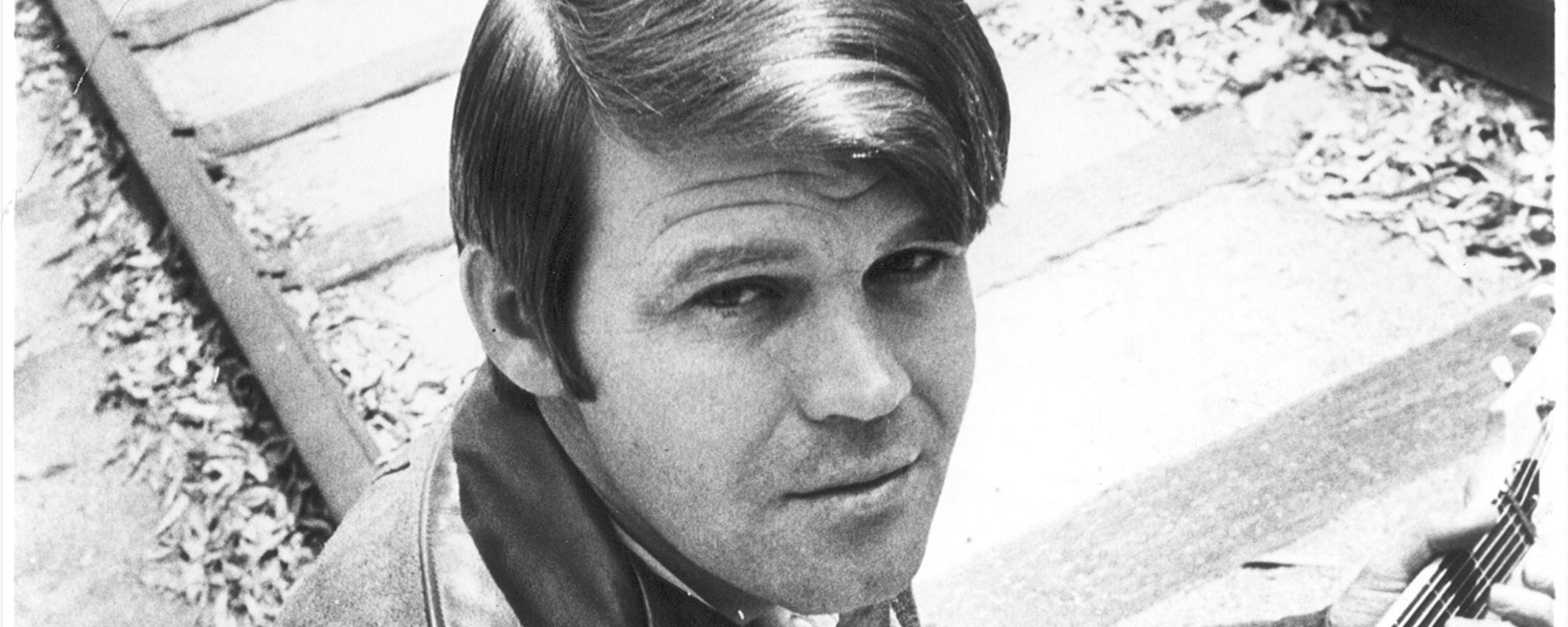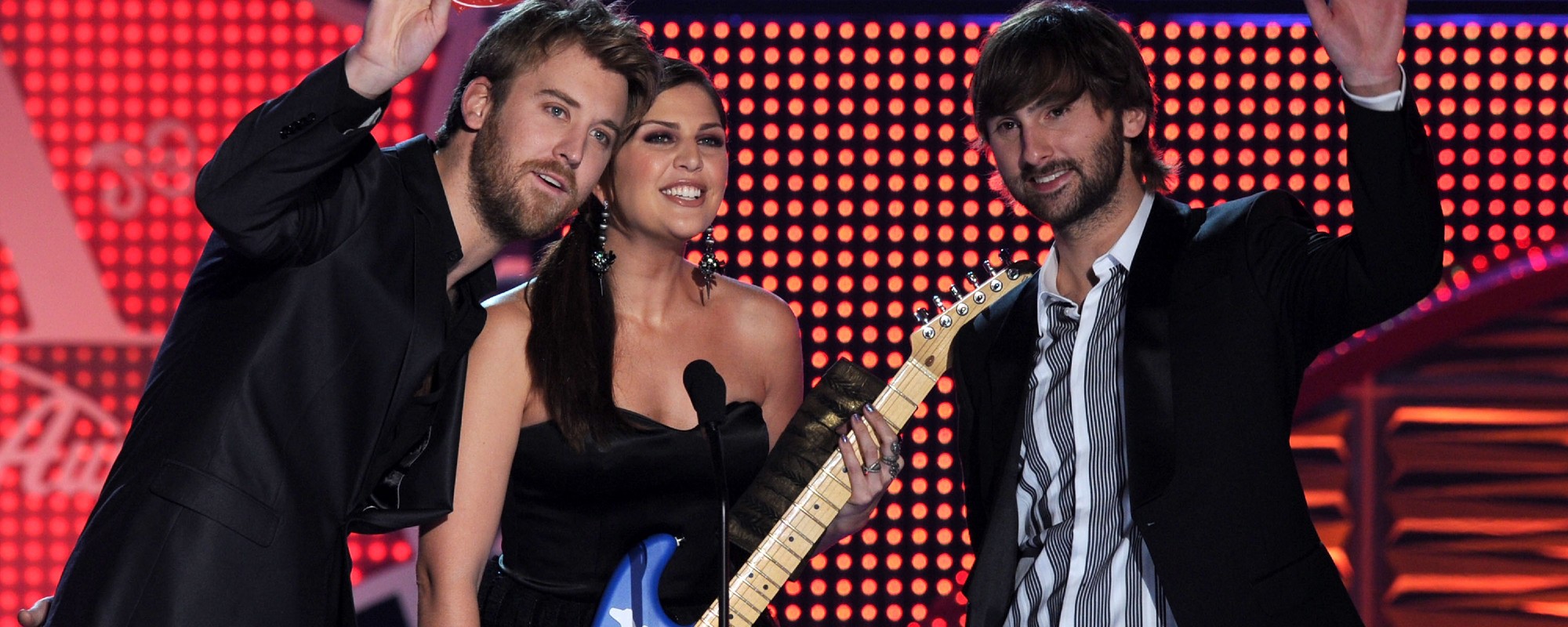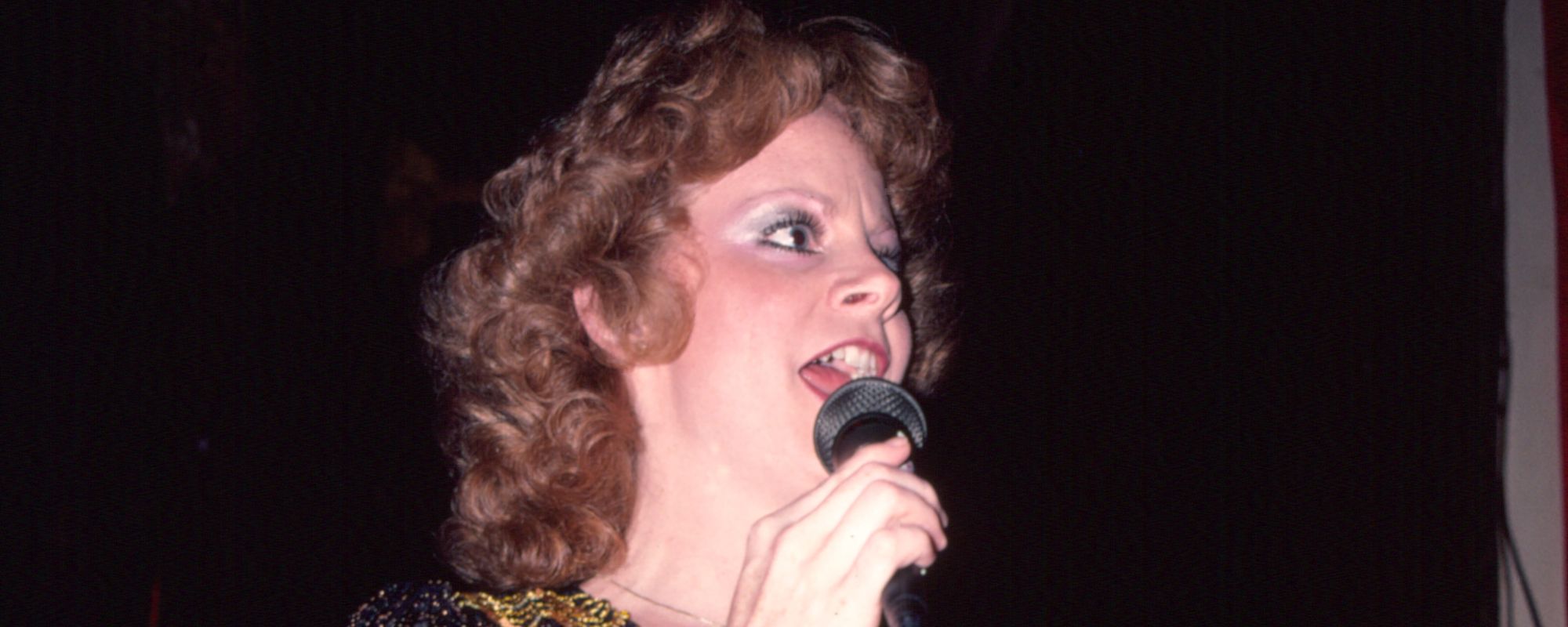Here’s wishing a happy heavenly birthday to the late Alan Parsons Project co-founder Eric Woolfson, who was born on March 18th, 80 years ago.
Videos by American Songwriter
Even knowledgeable music fans may not be too familiar with Woolfson, but the singer, songwriter, producer, and musician was an integral member of the popular U.K. progressive pop-rock group. Woolfson co-founded the band with Alan Parsons in 1975, and the two artists co-wrote nearly all the group’s songs.
Eric also played keyboards on every Alan Parsons Project album, and sang lead vocals on many of the group’s tunes. In addition, Woolfson co-produced a few of the band’s studio albums with Parsons.
Sadly, Woolfson passed away in December 2009, from kidney cancer. He was 64.
Eric’s music career began in the 1960s, writing songs for such artists as Marianne Faithfull and Peter Noone. In the late 1960s, he also began producing various artists. In 1971, he released a solo single under the name Eric Elder that was arranged and produced by the future members of 10cc.
As the 1970s progressed, Woolfson launched a successful artist management company. Among his first signings were Carl Douglas of “Kung Fu Fighting” fame and Parsons. Parsons had established himself as a respected sound engineer and producer in the late 1960s and early 1970s, with credits that included The Beatles’ Abbey Road and Pink Floyd’s The Dark Side of the Moon.
Woolfson and Parsons worked closely together on a number of recording projects by other artists before deciding to form their own studio group.
They recorded 10 Alan Parsons Project albums between 1976 and 1987. In commemoration of Woolfson’s milestone birthday, here a four memorable Alan Parsons Project sings he co-wrote.
“Games People Play” (1980)
“Games People Play” was featured on The Alan Parsons Project’s fifth studio album, The Turn of a Friendly Card. It became the group’s first single to crack the Top 20 of the Billboard Hot 100, peaking at No. 16.
Co-written by Woolfson and Parsons, “Games People Play” was sung by studio vocalist Lenny Zakatek. The upbeat, catchy tune featured elements of R&B and prog-rock.
The song’s lyrics were tied in with the theme of The Turn of a Friendly Card, a concept album about gamblers and gambling.
“Time” (1980)
“Time” also was featured on The Turn of a Friendly Card. The song was an even bigger hit than “Games People Play,” reaching at No. 15 on the Hot 100.
The melodic, melancholy tune was co-written by Woolfson and Parsons, and sung by Eric. The song bears a sonic resemblance to some of Pink Floyd’s popular 1970s material.
Lyrically, “Time” seems to be about a man reflecting on mortality and the passing years.
In a 2019 interview with Songfacts, Parson noted, “It’s kind of a sad song. I think it’s been an inspiration for many people who are growing old or have become ill. It gets played at funerals.”
“Eye in the Sky” (1982)
“Eye in the Sky” is the title track of The Alan Parsons Projects’ sixth studio album. It also was the band’s biggest hit, peaking at No. 3 on the Hot 100.
The lush, atmospheric pop tune was co-written by Eric and Alan and was sung by Woolfson.
The song’s lyrics seem to come from a perspective of a man who, after breaking up with a lover, lets them known he no longer can be fooled by their deceitful ways.
Some people have also theorized that “Eye in the Sky” was influenced by George Orwell’s dystopian novel 1984 and the concept of the oppressive “Big Brother” watching our every move.
“Don’t Answer Me” (1984)
“Don’t Answer Me” appeared on The Alan Parsons Project’s seventh studio album, Ammonia Avenue. The song was cowritten by Parsons and Woolfson, with lead vocal by the latter. The tune, which was inspired by producer Phil Spector’s early-1960s “Wall of Sound” recordings, reached No. 15 on the Billboard Hot 100.
The track features a saxophone solo by Mel Collins, best known for his work with King Crimosn.









Leave a Reply
Only members can comment. Become a member. Already a member? Log in.